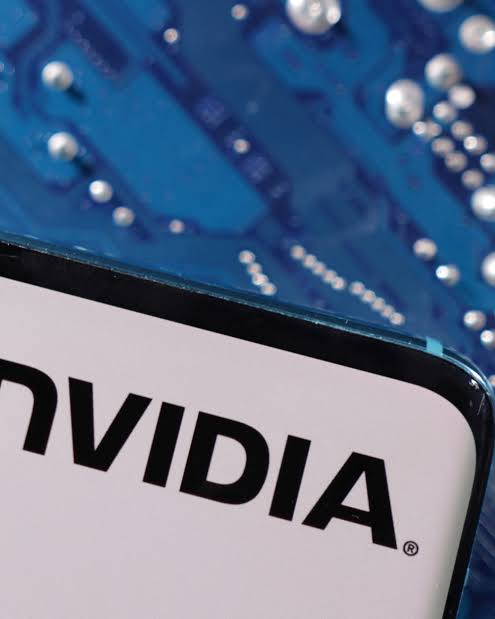Nvidia, the world’s leading designer of artificial intelligence chips, has publicly reaffirmed that its products contain no backdoors, strongly denying recent concerns about potential vulnerabilities in its hardware. In a detailed response to proposed regulations by the United States government, the company also voiced firm opposition to a rule that would require real time location tracking of advanced semiconductor chips exported abroad.
The company’s comments were submitted in a filing to the U.S. Department of Commerce, which is currently evaluating whether to implement stricter export controls on high performance computing components. Among the most controversial proposals under consideration is a mandate that would require companies to build location verification capabilities into their chips to monitor where and how they are used overseas.
Nvidia, whose chips power much of the global AI boom, including large language models and data center operations, warned that such a requirement would pose serious technical, economic, and ethical challenges. The company said that introducing real time tracking mechanisms would not only be logistically unfeasible but would also compromise user privacy and potentially jeopardize relationships with customers in key international markets.
“While we share the government’s commitment to national security and responsible technology use, we do not believe that location verification is an effective or appropriate solution,” the company stated in its filing. “Embedding location tracking hardware or software in our chips would present significant design challenges, increase production costs, and raise concerns about data sovereignty and customer trust.”
The discussion comes amid growing anxiety in Washington over the geopolitical implications of advanced chip exports, particularly to China. U.S. officials have voiced concerns that AI accelerators like Nvidia’s high end H100 and the newer Blackwell series could be repurposed for military or surveillance applications in adversarial nations. As a result, regulators are considering tightening restrictions on the sale and shipment of these components, which are critical for training large scale AI models.
Nvidia pushed back against the notion that its products are susceptible to foreign manipulation, asserting that the company maintains strict internal protocols to ensure product security. “Nvidia does not and has never included backdoors or hidden access points in its chips or software. Our commitment to product integrity is unwavering,” the company said.
This is not Nvidia’s first encounter with tightening U.S. export regulations. In 2022 and again in 2023, the company was required to develop downgraded versions of its chips to comply with trade restrictions targeting China and other nations deemed high risk. These restrictions led to a decline in sales and forced Nvidia to adjust its manufacturing and global supply chain strategies. Despite the challenges, the company continues to dominate the market for AI processors, with customers ranging from cloud service providers to national research labs.
Industry experts say that while the Biden administration is right to be cautious about the strategic use of AI hardware, overly burdensome rules could harm U.S. competitiveness. “If companies like Nvidia are constrained by excessive regulation, the risk is that foreign clients will turn to alternative suppliers in Europe or Asia,” said Jason Kim, a technology policy analyst at the Center for Strategic Innovation.
Nvidia echoed those concerns in its filing, urging policymakers to weigh the economic and innovation consequences of location verification requirements. “Our global leadership in AI and semiconductors depends on our ability to deliver trusted, high performance solutions to partners around the world. Imposing unproven tracking mandates could have unintended consequences for both security and market leadership,” the company said.
The Commerce Department has not yet finalized its decision on the proposed rule. Officials have indicated that they are reviewing comments from industry stakeholders before determining the next steps. For now, Nvidia is urging a balanced approach one that preserves national security while protecting technological leadership and global collaboration.
source: reuters.com
